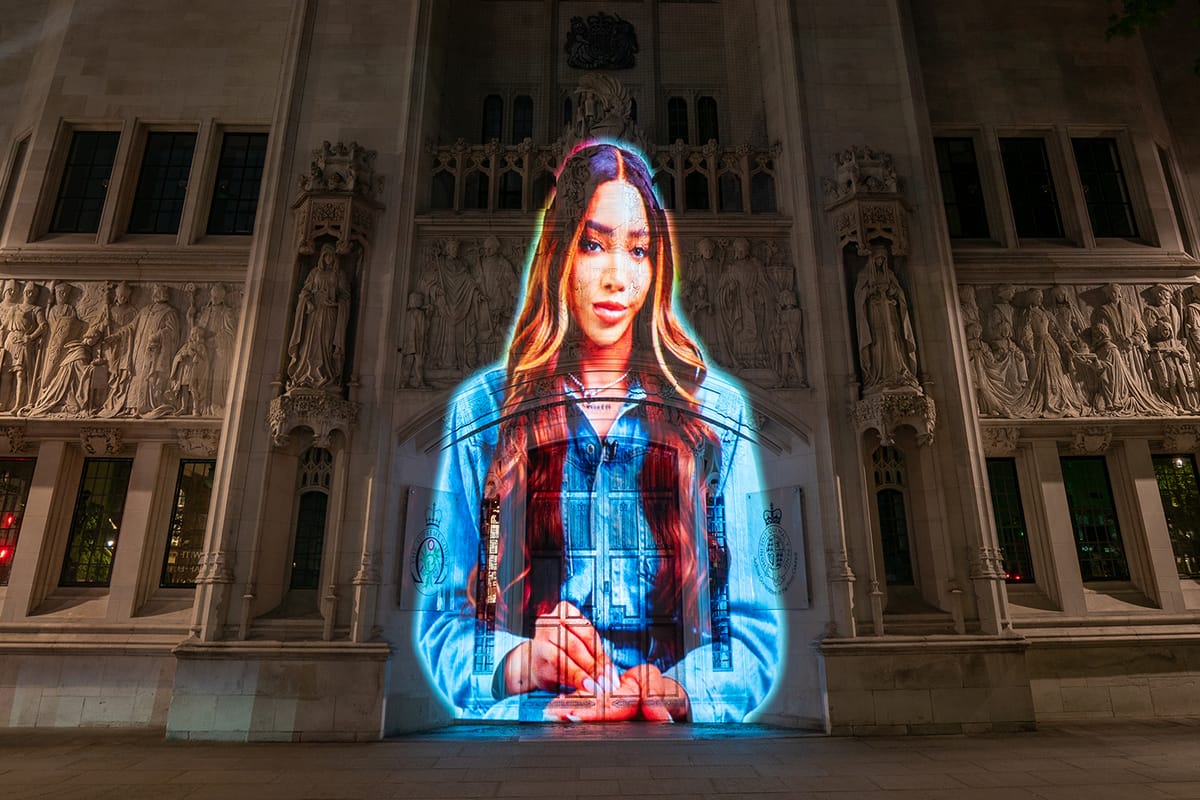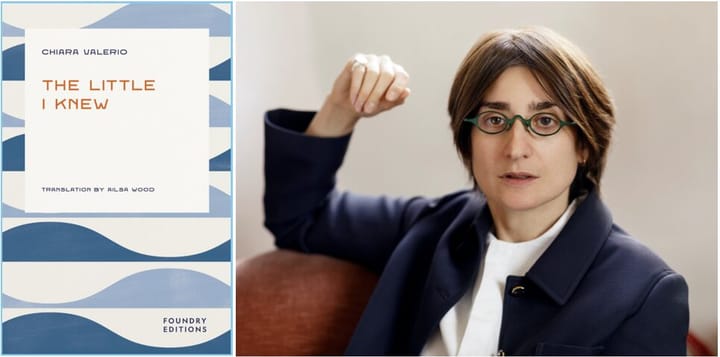Good Law Project: “The Supreme Court refused to listen to trans voices. We brought them to the Supreme Court.”
According to Good Law Project (GLP), the Supreme Court‘s anti-trans ruling on biological sex, will “roll back trans rights 20 years”, without hearing from a “single trans person”. Last night, 16 May, GLP brought those voices to the Supreme Court, projecting videos of Munroe Bergdorf, Nadia Almada, I

According to Good Law Project (GLP), the Supreme Court‘s anti-trans ruling on biological sex, will “roll back trans rights 20 years”, without hearing from a “single trans person”.
Last night, 16 May, GLP brought those voices to the Supreme Court, projecting videos of Munroe Bergdorf, Nadia Almada, India Willoughby and Victoria McCloud on to its walls. Each shared what they would have said if the judges had let them speak, and told us what it’s like to live in the hostile world this judgement has made.
The court blocked Victoria McCloud – the UK’s first trans High Court judge – from intervening in the case. “Justice is about balance, and it’s about being fair,” she said. “Balance means hearing the people affected.”
The activist Munroe Bergdorf spoke of how worried she is about “our physical safety and our mental health. I’m concerned that this will embolden people who hold violently transphobic views.”
GLP said: |Together we can fight this appalling decision. Together we can build a world where people can live in safety and mutual respect.”
On 16 May, Good Law Project and a number of trans and intersex individuals announced they have begun a legal challenge to the Equality and Human Rights Commission’s (EHRC) ‘Interim Update’ following the For Women Scotland Supreme Court ruling.
The claimants have sent a formal letter under the Pre Action Protocol for Judicial Review, which asks for a response within seven days. The challenge, against the EHRC and Bridget Phillipson, the Minister for Women and Equalities, is supported by a team of barristers including two KCs and two juniors (one of whom is trans) instructed by Good Law Project.





Comments ()